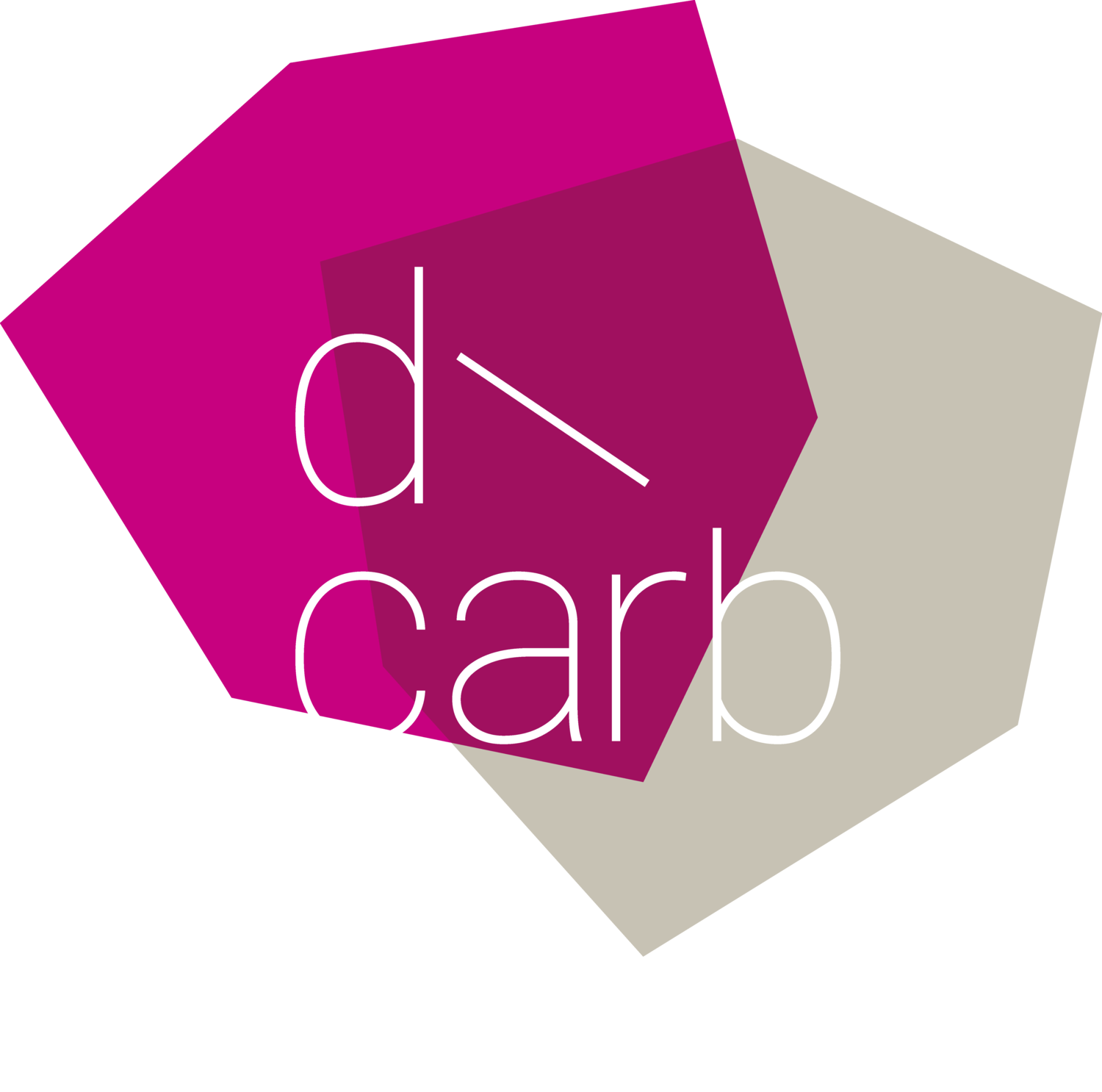On-site and online
Summary
Achieving climate neutrality and energy independence will require the accelerated diffusion of existing technologies, further cost reductions, as well as innovation in new technologies. However, climate-related frontier innovation, as measured by patent filings, has been declining since 2012. In contrast, the deployment of existing technologies seems on the rise. The focus on diffusion and commercialisation of existing climate-related technologies rather than the development of new innovations is the consequence of a policy emphasis on deployment rather than on R&D support. This presentation argues that reducing the costs of carbon-free technologies so that they become fully competitive with their high-carbon alternatives should be a primary objective of climate policy and that Science, Technology, Innovation and Industrial policies are critical to reaching this goal. Increasing public support for technologies that are still far from market, but necessary to reach carbon neutrality by 2050, is urgent. This should be complemented with other climate policy instruments – such as carbon pricing and the removal of fossil fuel subsidies – to encourage the adoption of clean technologies that are closer to market and redirect technological progress toward clean innovations.
Presentation:
Antoine Dechezleprêtre (OECD)
Discussion:
Eugenie Duoua (London School of Economics)
Tobias Lechtenfeld (1.5° Ventures)
Moderation:
Nils Handler, d\carb future economy forum
The event is part of a full-day workshop on green industrial policy. For this event, the d\carb future economy forum joins forces with the Hertie School, the OECD - OCDE, and the Berlin School of Economics (BSE).

